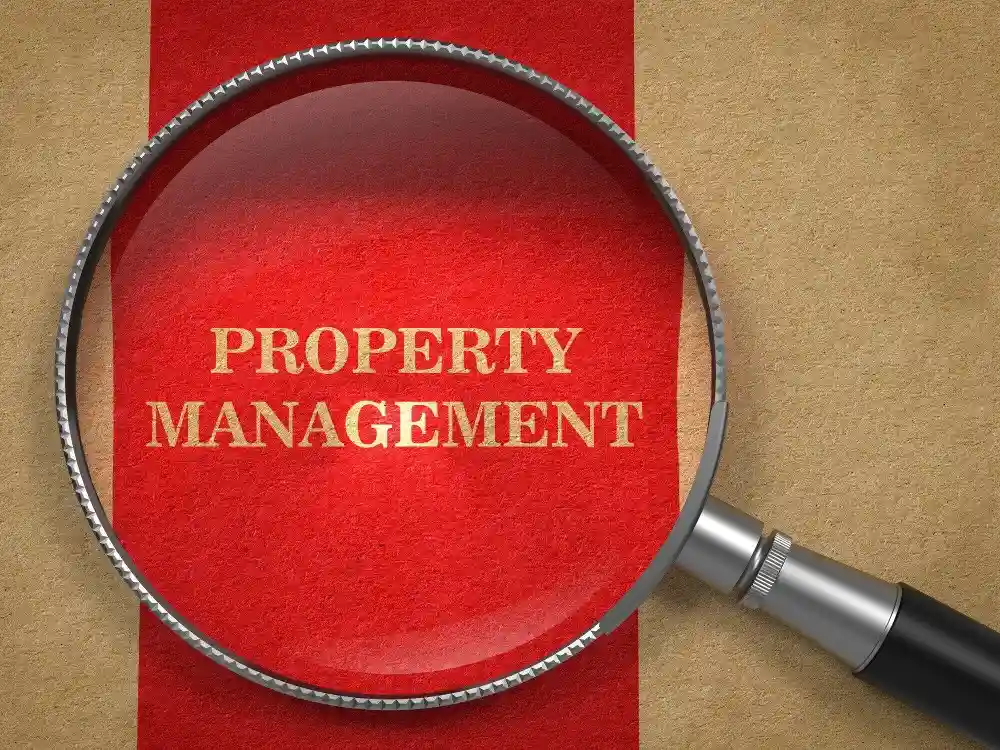Managing rental properties can be rewarding, but it’s not without its challenges. Are you ready to transform your rental property management and boost your profits?
Here’s the inside scoop on the must-know property management tips that will turn your investment from average to exceptional. But how exactly are you going to do that?
Keep reading to simplify your tasks, make your tenants happy, and maximize your earnings. Ready? Let’s begin!
1. Set Competitive Rental Rates
Research the local market to understand the average rent for similar properties. This data helps you price your property competitively. When setting the rate, consider factors such as:
- location
- amenities
- condition of your property
Additionally, offering a slightly lower rent than competitors can fill vacancies quicker and minimize lost income. So make sure to regularly review and adjust your rates based on market trends and demand.
Competitive pricing also means being flexible with terms. Consider offering incentives like a free month for a longer lease, or upgrades to the property. These small adjustments can make your property more appealing.
Finally, a fair and competitive rate ensures a steady income stream and satisfied tenants. Happy tenants are more likely to renew their leases, reducing turnover and saving you money.
2. Screen Tenants Thoroughly
Thorough screening of renters is crucial to avoid future problems and ensure timely rent payments. Start by using a detailed rental application that requests information on:
- employment
- rental history
- personal references
Verify by calling previous landlords and employers to confirm past behavior and current job status. Perform background and credit checks to assess financial responsibility and criminal history. Look for red flags like:
- previous evictions
- a history of late payments
- serious criminal offenses
In addition to financial checks, consider the applicant’s character and lifestyle. Meet them in person or hold a video interview to discuss their rental history and expectations. Pay attention to their demeanor and honesty during this conversation.
By investing time in screening, you protect your property and ensure a smoother, more profitable rental experience.
3. Market Your Property Effectively
To do this, begin with creating an eye-catching listing. Write clear and concise descriptions highlighting key features. You should also include high-quality photos that showcase each room and any attractive outdoor spaces.
Next, choose the right online platforms to advertise your rental. You may consider:
- posting on popular rental websites
- using social media and word-of-mouth marketing
- hiring a real estate agent
Keep in mind that effective marketing also means being available and responsive to inquiries from potential tenants. Reply quickly and professionally to property inquiries. This shows your commitment and reliability as a landlord.
4. Respond Promptly to Maintenance Requests
When issues arise, act quickly to address them. This shows you care about your tenants’ well-being and the property’s upkeep.
Firstly, set up a system for receiving and tracking maintenance requests. This could be an online portal, email, or a dedicated phone line. Ensure they know how to report issues and remind them regularly.
Next, prioritize the requests. Some problems, like a broken heater in winter, need immediate attention. Others, like a dripping faucet, can be scheduled for later. Address urgent issues within 24 hours whenever possible.
Finally, follow up after the repairs are completed. Ensure the issue was resolved to the tenant’s satisfaction. These property upkeep strategies reinforce your commitment to maintaining a high-quality living environment.
5. Communicate Clearly and Consistently
Good communication is key. Be upfront and transparent about rent payments, lease terms, and property rules.
Additionally, provide multiple channels for them to reach you, such as email, phone, or in-person office hours. Keep a record of all communication so nothing falls through the cracks.
In addition, make sure that all agreements and changes are put in writing. This eliminates misunderstandings and protects both you and your tenants.
6. Implement Efficient Rent Collection Processes
Rent collection is a critical aspect of property management, and it’s important to have a streamlined process in place. This could include:
- electronic payment options
- payment tracking and receipts online
- reminders for late or missed payments
It’s also wise to establish clear consequences for non-payment, such as late fees or eviction procedures. These policies should be clearly outlined in the lease agreement to avoid disputes.
7. Utilize Rental Property Management Software
Property management software can make your job a lot easier. It streamlines various tasks like rent collection, tenant communication, and maintenance tracking. These systems can handle payment processing automatically, saving you time and reducing errors.
Communication also becomes more efficient with these tools. You can send group announcements or individual messages quickly through the platform. This centralized system ensures that no important information gets lost.
Moreover, maintenance requests can be logged and tracked effortlessly. Tenants can submit their issues online, and you can prioritize and assign tasks to handymen or contractors.
Finally, these platforms often have mobile apps, allowing you to manage your properties on the go. Whether you are out of the office or dealing with multiple properties, you can stay updated and responsive.
8. Stay Informed About Legal Obligations
Being aware of your legal obligations is crucial in managing rental properties effectively. Landlord-tenant laws vary by state and municipality, so it’s important to familiarize yourself with the regulations specific to your location.
These laws cover various aspects such as:
- lease agreements
- security deposits
- habitability standards
- notice requirements
- anti-discrimination laws
In addition to these areas, keep up with any changes in the law by subscribing to updates from local housing authorities or joining landlord associations. Staying informed helps you avoid legal disputes and protect your interests.
In certain situations, you may need to report tenant to credit bureau, especially when dealing with non-payment issues. Defaults in payments can encourage them to meet their obligations, while also aiding other landlords in screening applicants.
Being proactive about legal obligations ensures a smoother, compliant rental operation. Plus, it fosters trust and satisfaction among your tenants, contributing to a more stable and profitable rental business.
Essential Property Management Tips for Success
Having effective landlord guidance is the bridge to financial success in real estate. By following these essential property management tips, you can ensure your rentals are well-maintained, tenants are satisfied, and profits are maximized.
Don’t wait. Put these strategies into action today and watch your investment thrive. Your tenants will thank you, and your bank account will too!
Did you find this article helpful? Check out the rest of our blog now!




